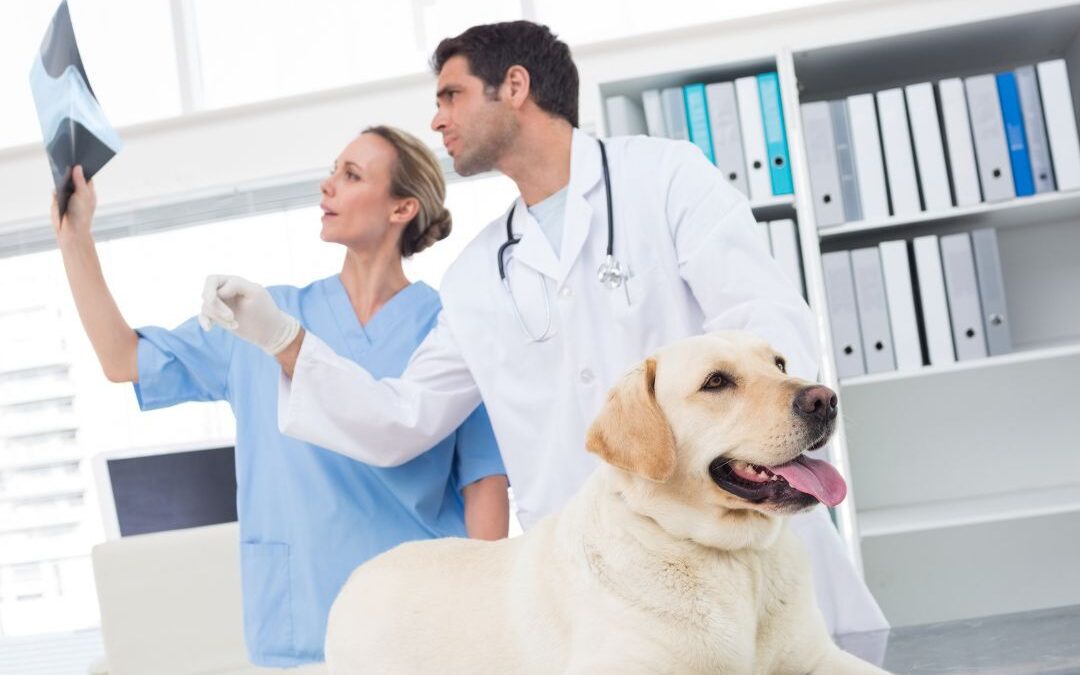Your new graduate associate appears to be thriving. But during one particularly short-staffed and chaotic shift, they make a concerning mistake. The associate now faces a decision—one that says more about the work environment you’ve created than the new veterinarian’s competency.
Will they admit their error or try to manage it on their own?
Psychological safety in veterinary practice
Psychological safety is the belief that employees can express their opinions and concerns, ask questions, and admit mistakes without fear of negative consequences. In practices with high psychological safety, team members are comfortable sharing ideas, taking appropriate risks, raising concerns, and asking for help. Conversely, low psychological safety in the veterinary workplace leads to increased tension, anxiety, and stress, with team members fearing judgment or punishment for any action perceived to be outside the norm or below the standard. As you can imagine, this leads to decreased productivity and development, poor performance, and higher turnover.
Psychological safety and the mentee
In many aspects, the Ready, Vet, Go Veterinary Mentorship program serves as a virtual psychological safety refuge for new veterinary graduates. Mentees bring their normal early career struggles—and errors—to their mentors, seeking wisdom and guidance, and turning to their small peer “pack” groups for empathy, consolation, and support. And while I love providing this opportunity for new veterinarians, this support is no substitute for the safe space that our practices must also provide.
5 Steps to a psychologically safer practice
Veterinary practices need to create psychological safety for new associates. To help your entire team feel supported, protected, and valued, follow these steps.
Step 1: Reshape practice culture with clear expectations
Help your entire team understand a psychologically safe workplace’s significance and goals by providing clear definitions and examples of what such an environment looks like and its purpose on a big-picture level. This includes:
- Better patient care — When veterinarians and team members feel safe enough to raise questions or admit mistakes, teams can proactively address issues and implement corrective measures, reducing patient complications.
- Enhanced learning opportunities — Psychologically safe teams still make mistakes, but use them to inform—rather than inhibit—future care or innovation.
- Greater performance, cohesion, and collaboration — Psychologically safe teams enjoy deeper trust, allowing for greater productivity, camaraderie, and job satisfaction.
Step 2: Put the “F” word back in your vocabulary
Failure is part of learning, but if we mentor new associates who are afraid to fail, they may be too scared to advocate for their patients, challenge the status quo, or innovate in ways that could transform your practice—or the future of vet med.
Show your team that you’re not afraid of failure by being open and honest about your personal errors, acknowledging your shortcomings, and reframing how you talk through these moments. This could include:
- Hosting error debriefs — When something goes wrong at the team level, gather everyone for an informal review. Encourage everyone involved to approach the event with curiosity and an open mind, seeking to gather information and find alternative actions that may have prevented the error.
- Asking open-ended questions — Focus mistake-related inquiries on the future by asking what could have been done differently, what was learned from the experience, or what they plan to do if they encounter this situation in the future.
Step 3: Cultivate greater communication
Open communication rarely takes place during structured events or team meetings, but in the small, everyday actions that make honest and open conversation part of the practice culture. Initiatives such as regular one-on-one check-ins, group communication tools (e.g., Slack, Teams), and anonymous suggestion boxes ensure continuous, spontaneous, real-time conversations that everyone can participate in, regardless of their comfort level or social pressures.

Step 4: Ask and receive: Solicit your team’s feedback
Actively requesting and receiving your team’s feedback helps everyone feel valued, respected, and included. While many practice leaders fear appearing out of control, admitting that you don’t have all the answers removes perceived—or real—hierarchies that can stifle open communication, demonstrates the transparency you wish to cultivate, and paves the way for continuous improvement and growth.
Rather than waiting for your new associate to come to you, go to them with open-ended questions such as:
- What can we do better?
- What problems are you encountering during the workday?
- Do you have any ideas on the XYZ situation?
Step 5: Mean what you say: Show sincere appreciation for all feedback
When your new associate comes to you with a mistake or suggests an alternative to your tried-and-true workflow, your reaction—and those of fellow leaders—will determine your team’s trust and ability to achieve psychological safety. Be prepared to meet every effort with equal openness and appreciation. This includes:
- Actively listening — Give the speaker your full attention, use non-verbal communication to show your engagement, and avoid interrupting. Summarize their concerns or ideas to ensure you’ve understood. If you have follow-up questions, present them with the desire to understand the situation, not assign blame.
- Expressing gratitude — Thank your employee for their feedback, honesty, and willingness to share.
- Taking action when appropriate — Brainstorm potential solutions with the employee and implement viable ideas when appropriate.
- Creating a feedback loop — Invite employees to see how their feedback is being applied and ask for further input.
Psychological safety is vital to any healthy, successful work environment, but this belief is especially critical for new veterinary graduates facing their first year in practice. Fostering a supportive, considerate, growth-minded culture where new veterinarians feel equally valued and comfortable in their highs and inevitable lows empowers every individual and practice to thrive, excel, and enjoy the intrinsic rewards of a life in vet med.
Ready, Vet, Go Veterinary Mentorship is an innovative online program and community that helps new and early career veterinarians build confidence, gain independence, and experience greater joy. Visit our FAQ page to learn more about what we offer or get in touch with our team.

